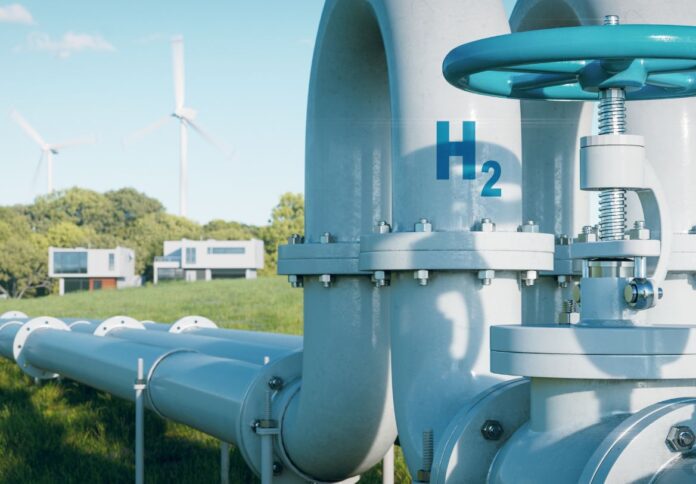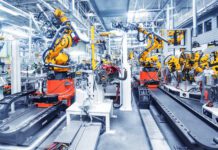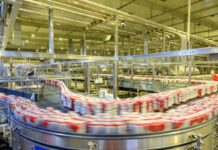
1414 Degrees announced its exclusive acquisition of rights to a groundbreaking method for generating net zero hydrogen from natural gas.
Developed by the University of Adelaide (UoA) and the subject of an international patent application, this technology aligns with 1414 Degrees’ commitment to sustainable energy solutions, the company revealed in a media release.
This acquisition supplements the rights obtained earlier this year from the UoA for a dual-column fluid reactor, a component of 1414 Degrees’ methane pyrolysis hydrogen technology.
Together, these University of Adelaide inventions form a comprehensive suite of technologies designed for efficient and environmentally friendly hydrogen production.
1414 Degrees said it intends to further develop and integrate these technologies with its silicon-based thermal energy storage solution.
The ultimate goal is to commercialise “decarbonised gas” as a turn-key solution for industrial heat users, offering a sustainable alternative for their energy needs.
Furthermore, the newly acquired patent focuses on optimising energy utilisation and enhancing the conversion efficiency of natural gas into hydrogen and carbon.
This process incorporates innovative gas-recycling and heat recovery techniques, alongside optimised temperature, pressure, and separation ratios, resulting in superior reaction efficiencies compared to existing methods.
By integrating 1414 Degrees’ SiBrick silicon storage technology into this process, the company aims to leverage renewable energy sources and potentially eliminate the reliance on hydrogen or methane for process heat.
This strategic approach not only increases hydrogen yield but also facilitates zero net carbon dioxide emissions when combined with renewable power and biogas hybridization.
Dr Kevin Moriarty, executive chairman of 1414 Degrees, expressed enthusiasm about the integration of silicon storage technologies, emphasising their potential to optimise energy consumption and sustain continuous heat supply.
He stated, “We are excited to use these patents in our quest to decarbonise high temperature industries.”



















